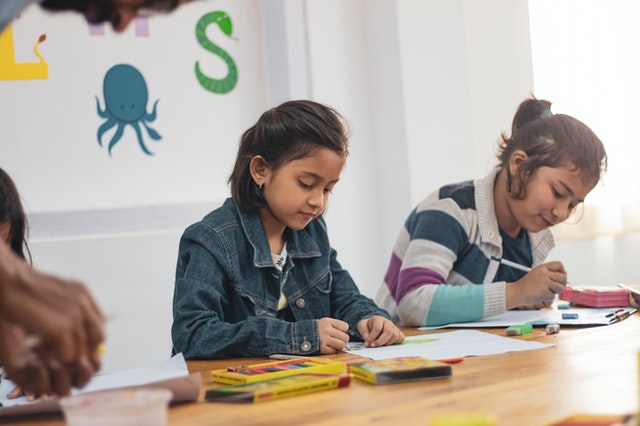Two-million learners returned to school today as part of government’s phased-in approach to the academic year. Other grades will make their return at a later stage. Grades R, Grade 6 and Grade 11 resumed classes on Monday, July 6.
Education Minister Angie Motshekga addressed South Africans during a livestream on Sunday, July 5 – she confirmed that 2740 teachers have already been infected by the virus since schools first reopened on June 8. Roughly 4% of schools have also closed temporarily due to COVID-19 infections.
Many parents have expressed reservations over the return but Motshekha reassured them and teachers that this total translates to less than 1% infection rate in teachers. About 1260 pupils have also been infected by the virus, this reflects an overall infection rate of 0.01%.
“We unfortunately lost the lives of eleven (11) teachers and four (4) non-teaching staff in the Eastern Cape to the virus; as well as three (3) learners, who are reported to have succumbed to COVID-19,” she said.
The Western Cape is leading in school-based infections with the Eastern Cape and Gauteng close behind. There are as many as 10 000 teachers currently employed by the state who are at high risk of infection due either to their age or existing comorbidities.
Concerns over running water and sanitation in rural schools were highlighted. She said 910 schools in the Eastern Cape had received proper sanitation support, along with 453 schools in Limpopo. Repairs are being done at 1 718 schools across the country that were recently vandalised as well.
“We are also painfully aware that a lot of school days have been lost this year already, and for some Grades more than others; many more school days will still be lost. We are therefore, encouraged to note that revised Annual Teaching Plans (ATPs) have been developed and adapted by provinces, and have been communicated to schools and teachers. In some cases, innovative approaches are being used, like training teachers using Microsoft Teams and other virtual approaches.
“It is of critical importance that young people are kept constructively occupied, engaged and connected through schooling, because the young ones, especially the most vulnerable, are faced by a number of social challenges, particularly violence, unplanned pregnancies, drug abuse, and many other social ills. It takes a village to bring up children; therefore, we implore our communities to support our children at home, she said.
Other provinces who were not yet ready to welcome their Grade R pupils have been given until the end of July to prepare appropriate plans.
Picture: Pexels

